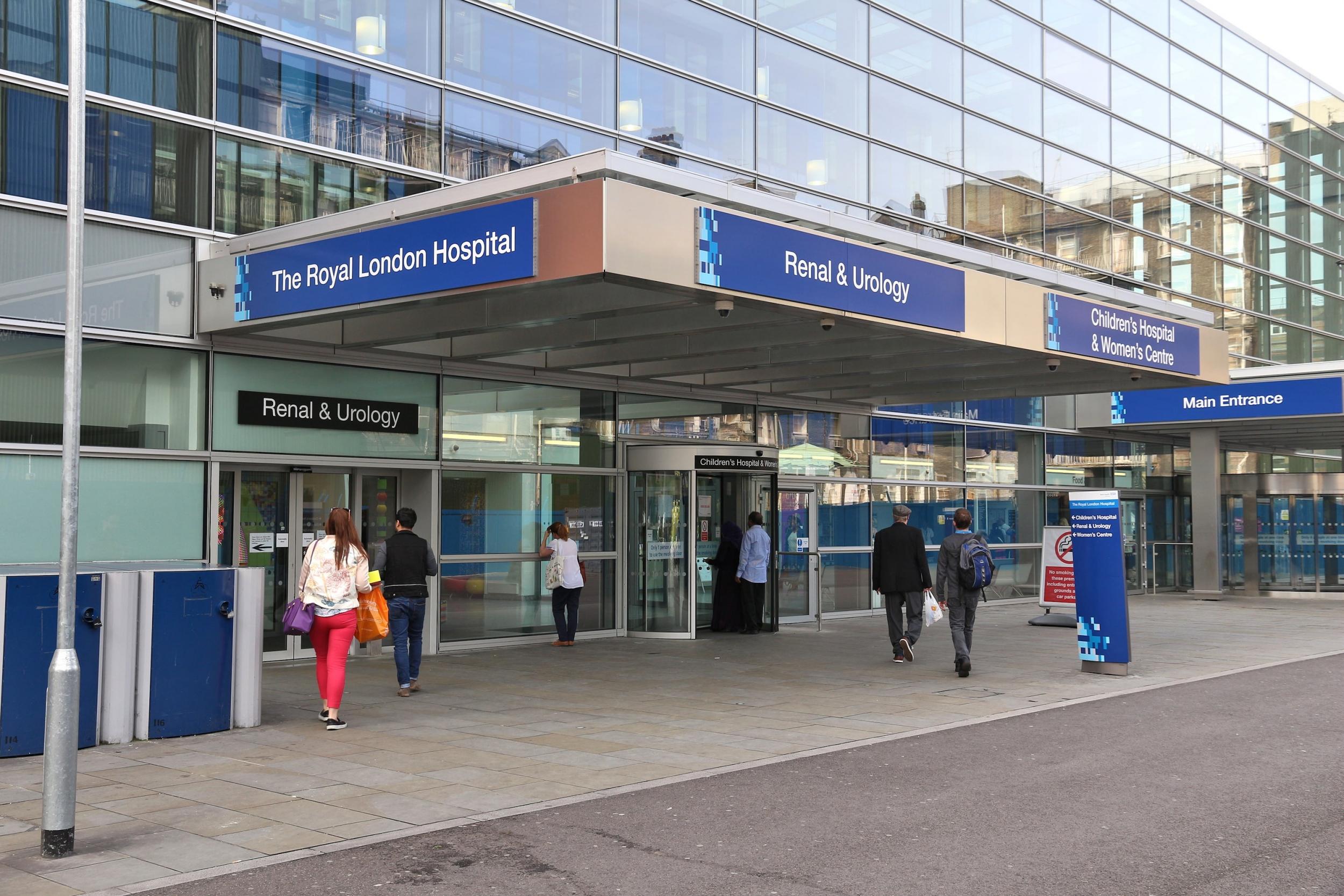Hospital staff complain to regulator about bullying, harassment and racism
Care watchdog warns of serious cultural issues and delays to patient care after its latest inspection

Workers at a major London hospital have complained about bullying, harassment, racism and sexism during an inspection by the care regulator.
A review of the imaging departments at the Royal London Hospital and Whipps Cross Hospital revealed concerns over the culture of the service and conflict between staff.
Both hospitals are run by Barts Health NHS Trust, one of the largest hospital groups in the country.
On its website the trust said it runs one of the largest imaging departments in the country providing routine x-rays, scans and specialist diagnostics across five sites in London.
In its report the Care Quality Commission (CQC) said: “The service faced significant challenges relating to the culture of the division. There were factions and separate interests within the workforce and nearly all staff suggested that this conflict created a difficult and hostile working environment.
“We were informed of numerous allegations of bullying, harassment, racism, and sexism that had been escalated to requiring intervention from human resources. Staff stated that human resources was not providing adequate resolution to these issues for either frontline staff or the divisional management, and disruption related to individual staff issues remained a source of conflict.”
The watchdog carried out the inspection after concerns were raised about the safety of the service.
Inspectors found equipment repair records were poorly maintained with multiple reports of repairs not being carried out. Staff said it often needed multiple reports to get equipment fixed.
At Whipps Cross Hospital the regulator found old equipment that did not always work, meaning delays for patients and in some cases new equipment had been bought but could not be used as it had not been linked to existing computer systems.
Nicola Wise, the CQC’s head of hospital inspection, said: “At the Royal London Hospital, we found rooms containing hazardous clinical equipment that were not securely locked. This meant that anyone could enter the room and risk exposure to radiation or powerful magnets, which would be extremely dangerous.
“We also found a mobile x-ray machine which had been left unsupervised in a publicly accessible corridor. It was connected to mains power with the key left in place, so it could be operated by a patient, visitor or an unauthorised member of staff, putting them at risk of exposure to ionising radiation.”
She added the conflict between some members of staff was creating a hostile working environment adding: “This is an indication of wider cultural issues which leaders need to address as a matter of priority.”
The CQC said workers did not want to raise concerns as they were worried about being treated badly.
It said the leadership of the service was not stable with interim staff or people only recently recruited.
Managers could not always calculate the number of staff needed for each shift and were not able to accurately monitor their hours. In some cases, the lack of clarity regarding staff availability had resulted in a poor experience for patients.
The regular said the senior management at the trust were not fully aware of the challenges in the department and staff felt the leadership team was not visible.
Barts Health Trust is rated overall as requires improvement by the CQC, including on safety.
Dame Alwen Williams, chief executive of Barts Health NHS Trust, said: “We will be ensuring staff have the resources to sustain improvements we need to make and there is appropriate oversight and processes in place for escalating wellbeing issues. We have a responsibility to listen to what our hard working team are saying, and respond appropriately and sensitively.
“It is also concerning to hear that some staff have had experience of bullying, harassment and sexism. This is unacceptable and we are committed to eliminating discrimination, ensuring equality of opportunity and promoting good relations between all people. We are continuing to investigate every complaint made.
“Our imaging service is an important service for our local residents and we are accelerating our efforts to make lasting change happen more quickly.”
Join our commenting forum
Join thought-provoking conversations, follow other Independent readers and see their replies
Comments
Bookmark popover
Removed from bookmarks